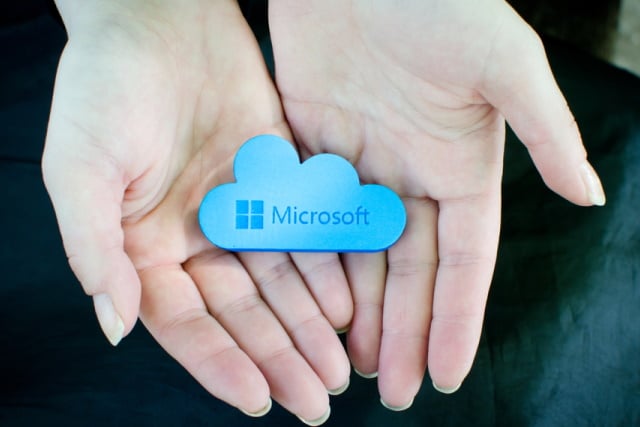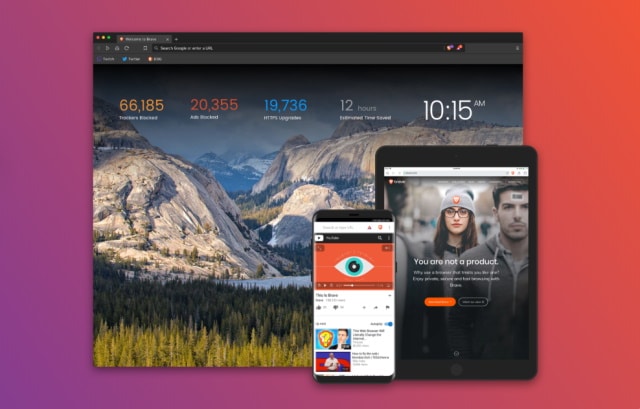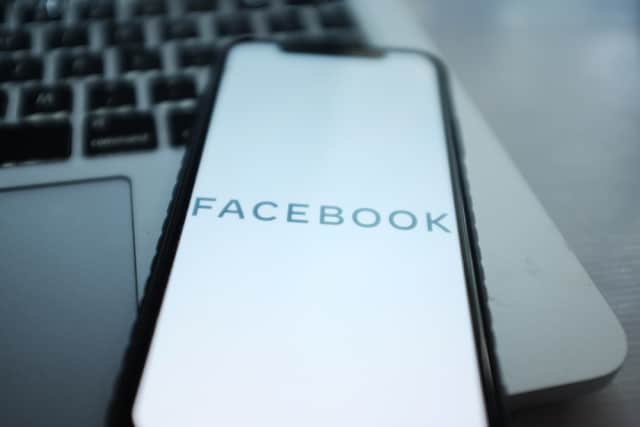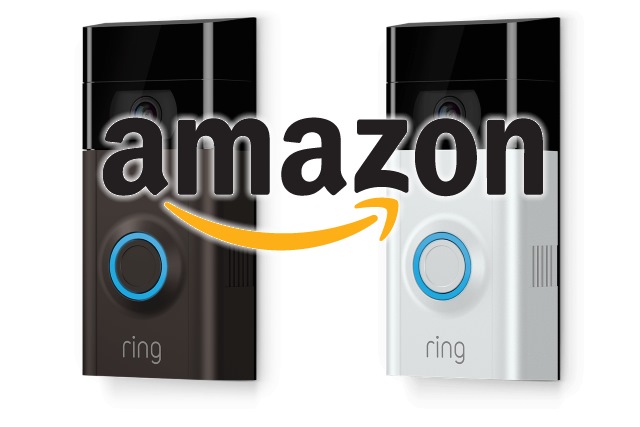
Old equipment leaves enterprises at risk of data breaches
New research launched today by data erasure and mobile device diagnostics specialist Blancco Technology Group finds end-of-life devices are leaving businesses at risk of data breaches.
The survey of 1,850 senior leaders from the world's largest enterprises in APAC, Europe and North America finds 73 percent agree that the large volume of different devices at end-of-life leaves their company vulnerable to a data security breach, while 68 percent say they are very concerned about the risk of data breach from this equipment.

Microsoft updates cloud contracts after EU privacy complaints
Microsoft has announced changes to its Online Services Terms for commercial cloud customers after an EU investigation raise concerns about existing policies' compliance with European regulation.
The company bills the changes as the introduction of "more privacy transparency" in the wake of a probe into potential violations of GDPR relating to telemetry data collected from Office 365 users. Microsoft says the new contractual terms will be offered to customers globally, not just within Europe.

Consumers worry about fraud risk from support desk calls
Almost a third of US consumers (31 percent) think they are at risk of fraud when contacting a brand's customer service department, with 47 percent saying it's because they have to share personal information with a customer service agent.
In another report released for International Fraud Awareness Week, the Sitel Group and CallMiner have looked at consumers' experience and concerns around customer service fraud, voice assistants and information security.

Poor security habits leave Americans vulnerable to fraud
Despite high profile data breaches in 2019 and 33 percent of respondents having been a victim of fraud or identity theft, when asked if they update or change passwords following a data breach at a firm they deal with, 28 percent say only sometimes and nine percent say they don't update their passwords at all.
This is one of the findings of a Shred-it report for International Fraud Awareness Week which highlights the need for improvements in both digital and physical security.

How synthetic data can unlock and help monetize information [Q&A]
Big data offers major opportunities for many industries. But in areas like finance where personal information is involved using the information raises worries about privacy.
One solution to that is to anonymize the information in some way. To discover more about how this works we spoke to Randy Koch the CEO of ARM Insight, a company pioneering the use of synthetic data and assisting more than 1,000 financial institutions to monetize their data safely.

Privacy-focused web browser Brave exits beta for mobile and desktop
Brave, the open-source web browser which focuses on speed, security and privacy, has officially hit version 1.0 and exited beta.
Available for Windows, macOS, Linux, Android and iOS, Brave boasts that it "blocks ads and trackers that slow you down and invade your privacy". The official launch comes three years after Brave first entered beta testing, and the browser has managed to amass millions of users.

Only 12 percent of companies are ready for new privacy regulations
With the California Consumer Privacy Act (CCPA) and other US privacy regulations on the horizon, a new study reveals that many companies are not yet ready to comply.
The report from data privacy company Ethyca shows just 12 percent of respondents believe they have achieved an adequate state of compliance/readiness for the emerging regulatory landscape.

The Facebook app could be secretly using your iPhone camera behind your back
Facebook is hardy a name that synonymous with privacy, and a newly discovered issue with the iOS version of the Facebook app does nothing to improve the situation.
Web designer Joshua Maddux was alarmed to find that the app was secretly using the camera on his iPhone as he scrolled through his Facebook feed. The problem has been confirmed by others, but it appears to only affects certain iPhones and certain versions of iOS.

Microsoft will honor Californian privacy laws across the entire US
Microsoft has announced that it plans to honor the California Consumer Privacy Act (CCPA) across the whole of the United States, not just in California.
In Europe, GDPR (General Data Protection Regulation) has done a lot to protect people's privacy, and some companies have opted to voluntarily apply similar policies in the US. Microsoft, however, is the first major US company to say it will expand CCPA outside of its home state, bringing greater privacy protection to people across America.

Apple is fixing a macOS flaw that exposes snippets of 'encrypted' emails
Apple is working to fix an issue that makes it possible to read portions of encrypted email in macOS after an IT specialist discovered a flaw in the way Mail's messages are handled by Siri. The problem affects macOS versions from Sierra to Catalina.
It is important to note that there are a number of criteria that have to be met for the issue to rear its head, but the fact that it is possible at all is still a concern. For a company that has just been shouting about its privacy policies, the timing is less than ideal -- particularly as Apple has been aware of the problem since July.

Your Amazon Ring doorbell may have leaked your Wi-Fi username and password
If you've ever expressed concern about the security implications of Amazon Ring connected doorbells; if you've ever voiced privacy concerns about letting Amazon have such a portal into your life... your fears have been justified.
It has just been revealed that a security flaw in the camera-toting devices made it possible for hackers to access customers' Wi-Fi usernames and passwords. With these credentials, it would then be possible to launch a wider privacy-invading attack on households, accessing all manner of data and devices on home networks.

Apple refreshes its privacy portal and seeks to differentiate itself from Google, Facebook et al
All of the big names in technology have faced questions and criticism over privacy. Apple is no different, and with an updated privacy website it seeks to distance itself from the controversy-addled likes of Facebook and Google.
The company has refreshed its privacy portal to provide a one-stop-shop for everything it feels people might want to know about the way it collects and handles data. While there are no changes to privacy policies, the updated site aims to present information in a more accessible and transparent format.

Trend Micro reveals that customer data was illegally sold following inside-job 'security incident'
Security firm Trend Micro has revealed details of an inside scam which led to personal details of its customers being exposed.
The security incident dates back to August this year, and the company says that it was made aware of customers being contacted by fake Trend Micro support staff. Following an investigation lasting until the end of October, it was determined that it was a member of staff that had fraudulently gained access to a customer database and sold personal data to a third party.

Apple's macOS Catalina 10.15.1 update adds AirPods Pro support, new Siri privacy options and gender-neutral emoji
Apple only released Catalina three weeks ago, and already there is a fairly significant update available -- macOS Catalina 10.15.1.
With this release, Apple adds support for the newly announced AirPods Pro as well as fixing a number of bugs. There are also new HomeKit options, enhanced privacy in Siri, and the arrival of more than 70 new or updated emoji, including gender-neutral options.

DoH! Google tries to clear up DNS-over-HTTPS confusion
Google has already revealed plans for Chrome which it says will increase privacy and security. DNS-over-HTTPS (DoH) was announced back in September, and the company is already worried that people are confused about the implementation.
The company has published a defensive blog post in which it says that "there has been some misinformation and confusion about the goals of our approach and whether DoH will impact existing content controls offered by ISPs". It goes on to try to dispel the incorrect beliefs it says have built up.
